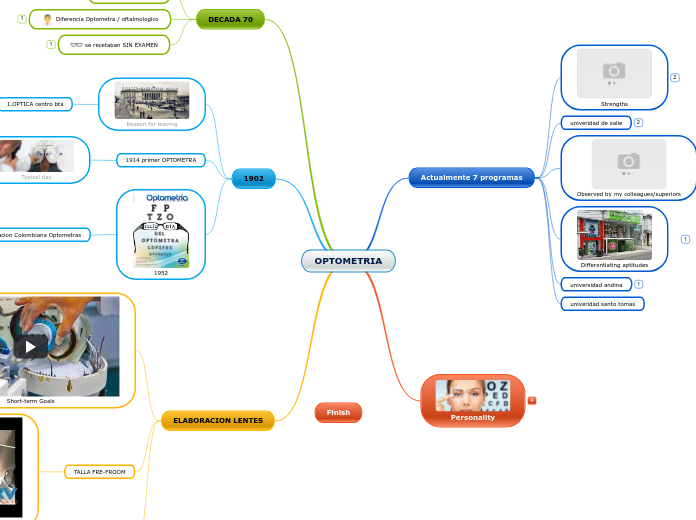arabera ERICK JOEL MORA CALVOPI�A 1 year ago
107
Exams
The GRE, or Graduate Record Examination, is a standardized test widely used for admissions to graduate schools in the U.S. and Canada. It measures verbal reasoning, quantitative reasoning, and analytical writing skills and is primarily computer-based, although paper-based exams are available in certain regions.









